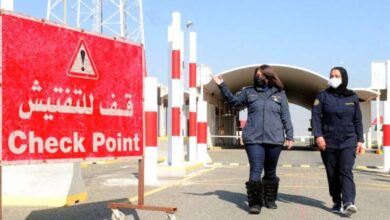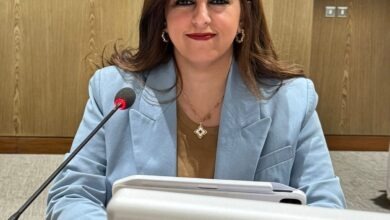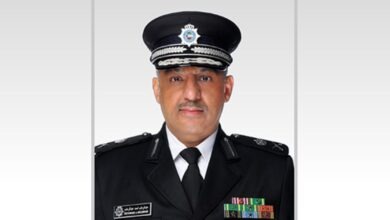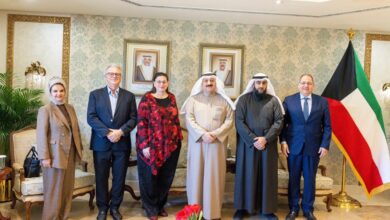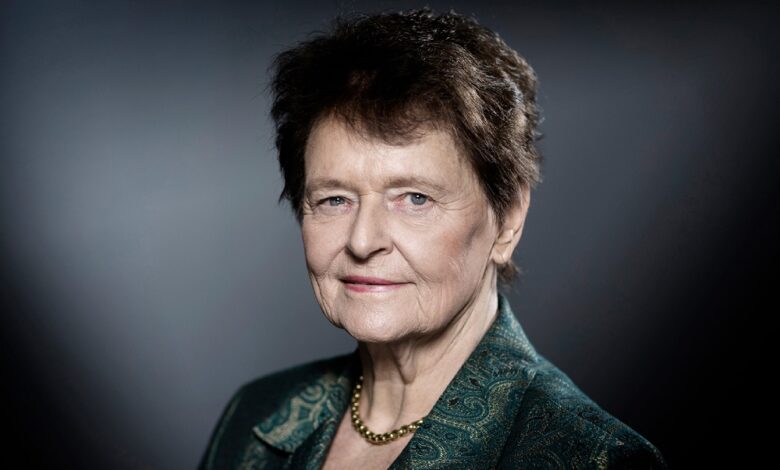
By Gro Harlem Brundtland
Special to The Times Kuwait
Four years ago, at the height of the COVID-19 pandemic, governments were scrambling to protect their populations and prevent an economic meltdown. No one would dispute that addressing this existential threat was the top political priority back then.
As a former prime minister and director-general of the World Health Organization, I was impressed by the coordinated international response to COVID-19. To be sure, there were large inequalities within and between countries, resulting in society’s most vulnerable paying too high a price, especially when it came to vaccine access. But I saw reason to hope that the pandemic’s devastating impact would prompt a political sea change and lead to a greater commitment to future preparedness, prevention, and response.
I was wrong. It is depressingly obvious that the lessons of COVID-19 are being forgotten. The world remains stuck in the familiar cycle of panic and neglect that has characterized this past pandemic. Political leaders are largely ignoring current threats, including COVID-19 (which has not been consigned to the history books, despite no longer being a public-health emergency), H5N1 bird flu, and dengue fever. And new pandemics with potentially catastrophic outcomes will almost surely occur, especially as climate change and environmental degradation worsen.
These are not hypothetical risks. On Wednesday, WHO Director-General Tedros Adhanom Ghebreyesus declared the latest outbreak of mpox in East Africa a “public-health emergency of international concern.” Not only must the international community now rally behind affected African countries and those at highest risk; it must also prepare itself for potential spread into more countries and across the globe.
Even before COVID-19 hit, I had been warning that our failure to break this vicious cycle was putting us at grave risk. In September 2019, the Global Preparedness Monitoring Board (which I co-chair) issued a report highlighting the acute risk of a devastating global epidemic or pandemic. Little did we know how prescient our warnings were.
And now we find ourselves in a new phase of neglect, which can only be understood as a failure of political will. For all the pious words uttered in the COVID-19 era, heads of state and governments are failing to address the inequalities that stymied recovery efforts. It is unacceptable that rich countries have done so little to make the next pandemic response more equitable — and therefore more effective.
In June, for example, the 77th World Health Assembly failed to finalize a new pandemic accord, even though the Intergovernmental Negotiating Body (INB) had been working on the global pact, which aims to prevent a repeat of COVID-19, for two years. Member states have extended talks for up to 12 months. But, crucially, they still seem unwilling to provide negotiators with the political support needed to agree on measures that can address inequities in pandemic readiness, response, and recovery.
The failure to find consensus on substantive matters is symptomatic of the growing trust deficit between advanced and emerging economies, and of the ineffectiveness of the multilateral system in an era of deepening geopolitical tensions. But this cannot be an excuse to delay action on one of the biggest threats of our time. The INB needs a new approach that enables maximum engagement from independent experts and civil-society organizations, while ensuring that member states stay focused on improving, instead of just paying lip service to, global equity.
Moreover, if the past four years have taught us anything, it is that WHO-led processes alone are not enough to tackle the existential threat of pandemics. Other multilateral institutions should take up the cause of improving preparedness. The United Nations’ Summit of the Future in September, as well as the upcoming meetings of the G7 and the G20, must highlight the urgency of this challenge and encourage world leaders to act. More visible advocacy for global health security in these fora could be crucial in securing the political leadership and financing needed to bring about meaningful change.
To that end, the group of former political leaders known as The Elders support the adoption of an emergency platform — a set of protocols that would allow UN leaders to respond quickly to global shocks — at the Summit of the Future. World Trade Organization members should also agree to review, as proposed by Colombia, the implementation of the agreement on Trade-Related Aspects of Intellectual Property Rights. The TRIPS agreement governs patent protection for vaccines and treatments, and thus plays a key role in pandemic-response efforts.
Recommitting to pandemic preparedness is essential. But it also should be part of a broader revival of multilateralism. Only through compromise and collaboration can we confront humanity’s gravest challenges.

Gro Harlem Brundtland
A former prime minister of Norway and former director-general of the World Health Organization, is a co-chair of the Global Preparedness Monitoring Board and a member of The Elders.
Copyright: Project Syndicate, 2024.
www.project-syndicate.org








